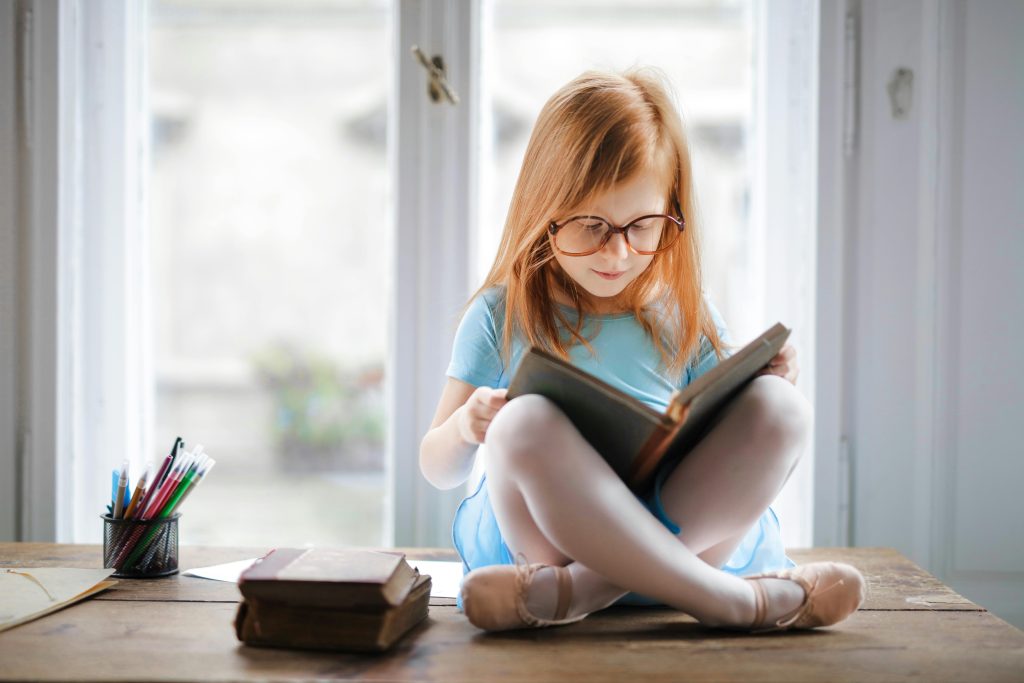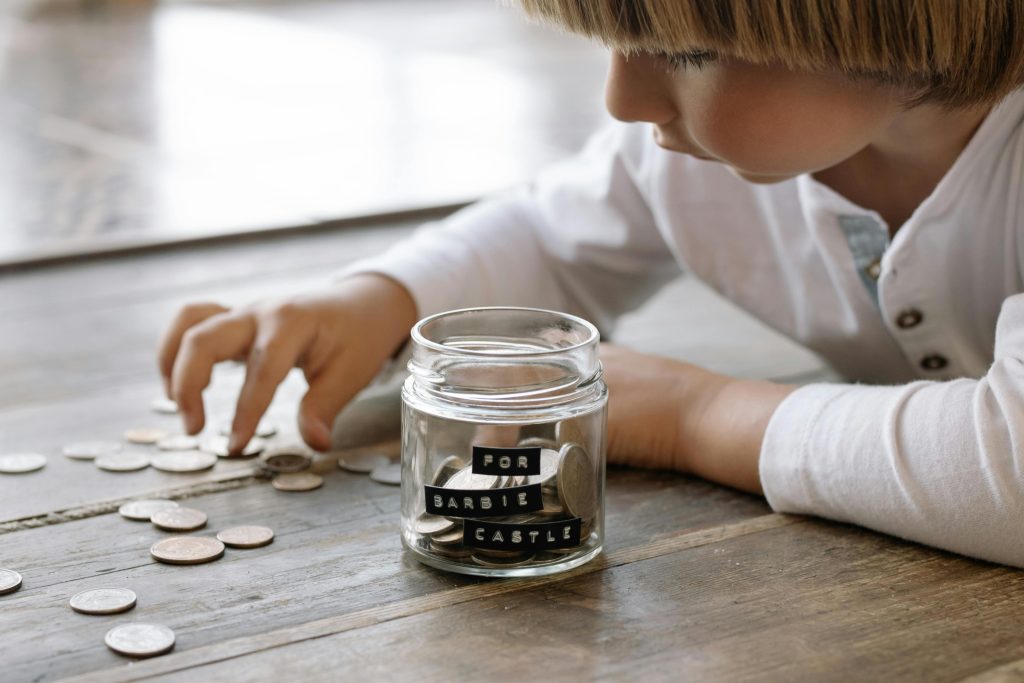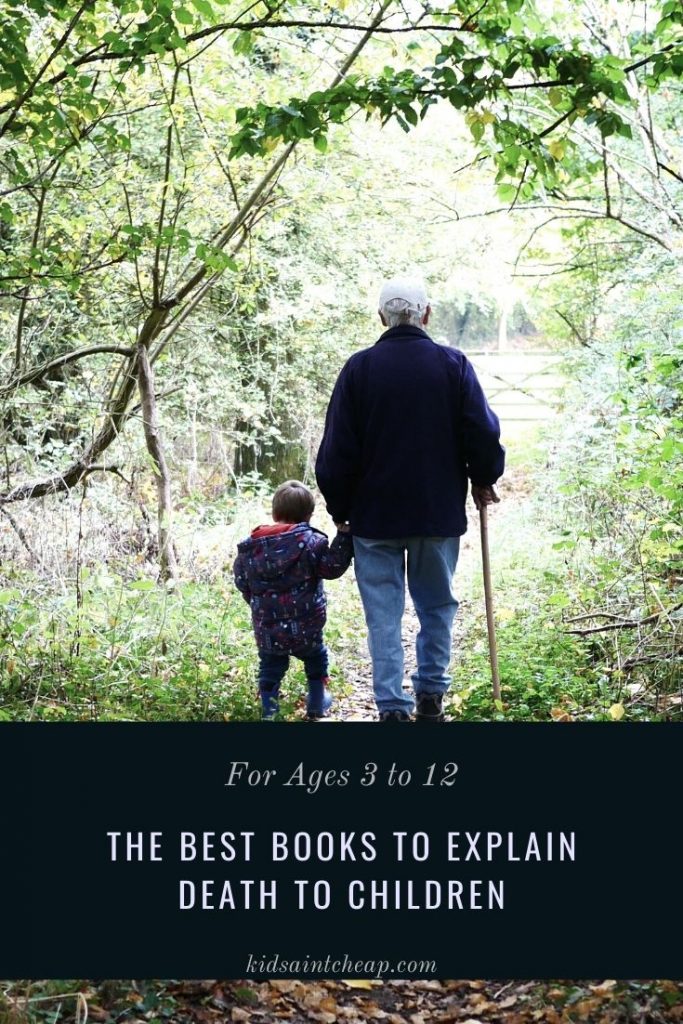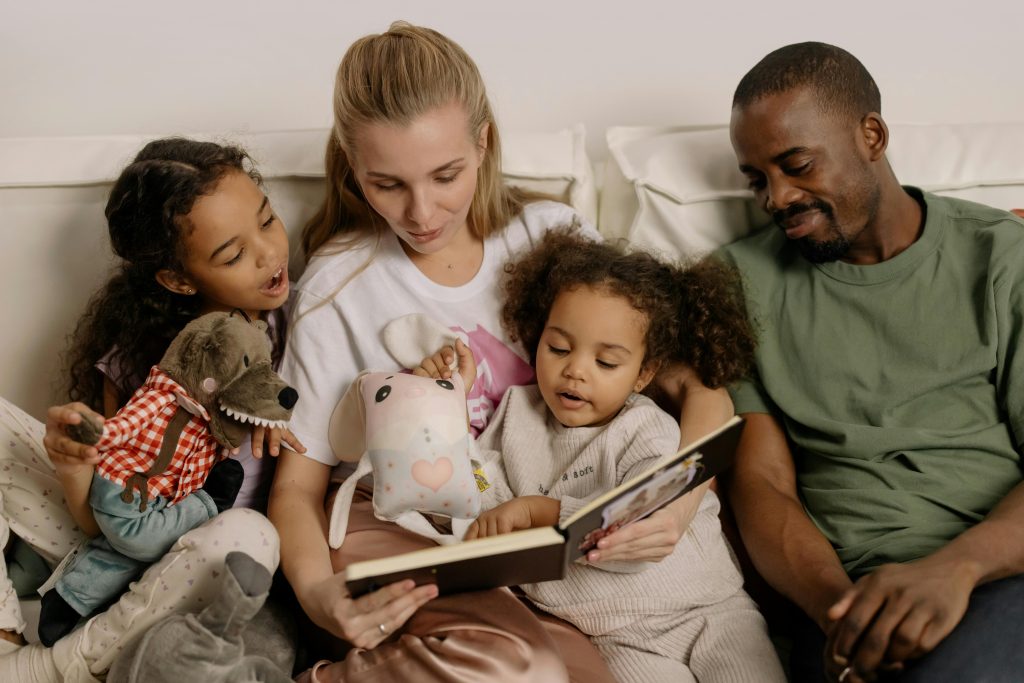
If you find it difficult to talk to your children sometimes, you’re not alone. Around 70% of parents say they struggle to meaningfully communicate with their kids. Children have developing brains and smaller vocabularies than adults, so it can be hard to bridge the gap and relate to each other. Plus, younger children often have trouble expressing their emotions and tend to melt down, making calm discussion a challenge. Luckily there are effective communication books that can help you build rapport with your kids and set boundaries without yelling. Check out five of our favorite titles below.
5 Effective Communication Books
1. How to Talk So Kids Will Listen Series

The How to Talk So Kids Will Listen series can help you navigate discussions with your child at every developmental stage. There are separate books about communicating with toddlers, talking to kids ages 7 and older, and supporting angsty teens. The authors also wrote about how to motivate your child to succeed in school and speak to kids when they’re having a meltdown or tantrum.
Parents say that the strategies in these effective communication books have helped them learn to acknowledge their children’s feelings. Validating their kids’ emotions has improved their relationship and reduced familial stress. The book series has also enabled parents to avoid yelling when they get overwhelmed or frustrated. The authors present alternative ways for caregivers to set boundaries, express their needs to their kids, and foster cooperation.
2. The Whole Brain Child Series

The Whole Brain Child series centers around fostering healthy brain development in your child, which makes it easier to have positive conversations. Authors Siegel and Bryson have written multiple effective communication books together, including The Whole Brain Child, No-Drama Discipline, and The Yes Brain: How to Cultivate Courage, Curiosity, and Resilience in Your Child.
The Whole Brain Child explains how to help your child build healthy coping skills and resilience during tough, emotional moments. The book is based on modern neuroscience, so it has lots of research-informed methods to improve communication between you and your child, even when they’re having an outburst.
The Yes Brain Child is all about fostering a cooperative, “yes” mindset in your child. Helping them remain open to new experiences will make everything from bedtime to stepping outside of their comfort zone easier. Last but not least, No-Drama Discipline can help you define your discipline style and set clear limits with your kids without yelling or reprimanding them.
3. How to Talk to Kids About Anything

One of the most effective communication books for parents is How to Talk to Kids About Anything. We all know that kids ask a lot of questions, some of which are difficult to answer. When your child starts inquiring about hard topics like divorce and money, this book will equip you to navigate the conversation in an age-appropriate way. How to Talk to Kids About Anything also includes useful tips, case studies, and even scripts to help you find the best words to explain tough realities to your child.
4. Raising Good Humans: A Mindful Guide to Breaking the Cycle of Reactive Parenting
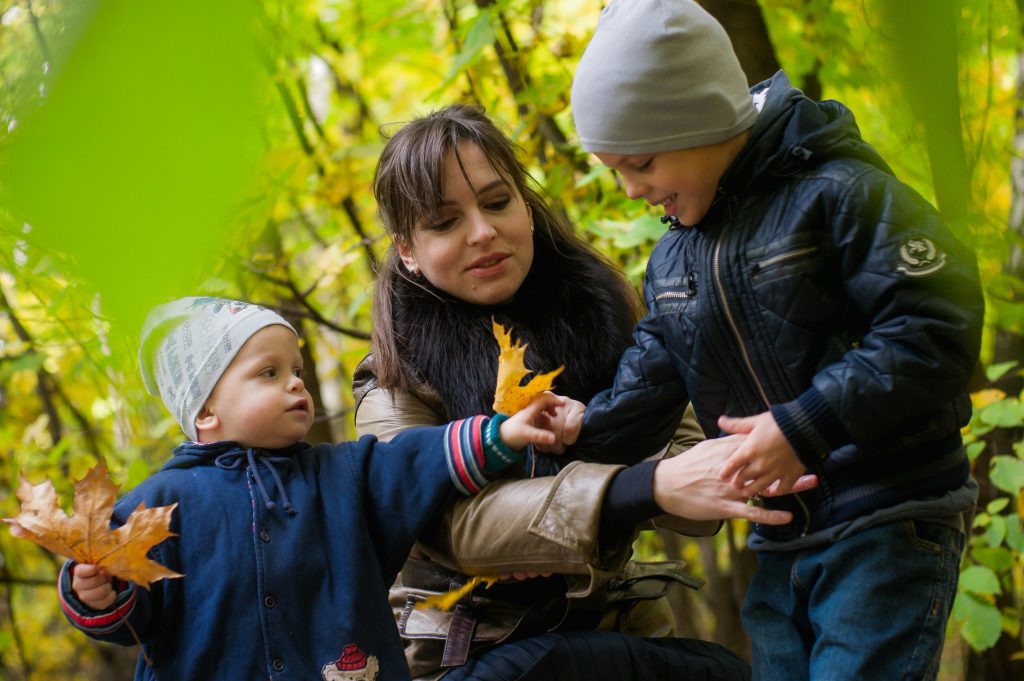
Everyday life is busy and hectic, especially when you have kids! It can be tough to keep your cool when your child refuses to get ready for school or melts down in the checkout line. Raising Good Humans discusses mindfulness strategies to help you regain your composure during stressful moments.
Calming your nervous system will enable you to talk to your child in a calmer, more productive way. One parent said the book was so impactful it made her cry. Once she implemented the author’s tips, she immediately noticed a difference in communication with her child.
5. Talk with Your Kids: 109 Conversations About Ethics and Things That Really Matter

Some children have a hard time opening up, especially during the turbulent tween and teen years. One of the most effective communication books to spark conversations with older children is Talk with Your Kids: 109 Conversations About Ethics and Things That Really Matter.
It contains conversational prompts to encourage thoughtful discussion about ethical issues, such as bullying, war, lying, and more. This book will help your child define their values and articulate their positions in a logical way. It can also help you and your child connect, understand each other, and deepen your relationship.
Effective communication books can help you navigate everyday stressors with grace and improve your relationship with your child. Which books have leveled up your parenting skills? Let us know in the comments!

Vicky Monroe is a freelance personal finance writer who enjoys learning about and discussing the psychology of money. In her free time, she loves to cook and tackle DIY projects.
